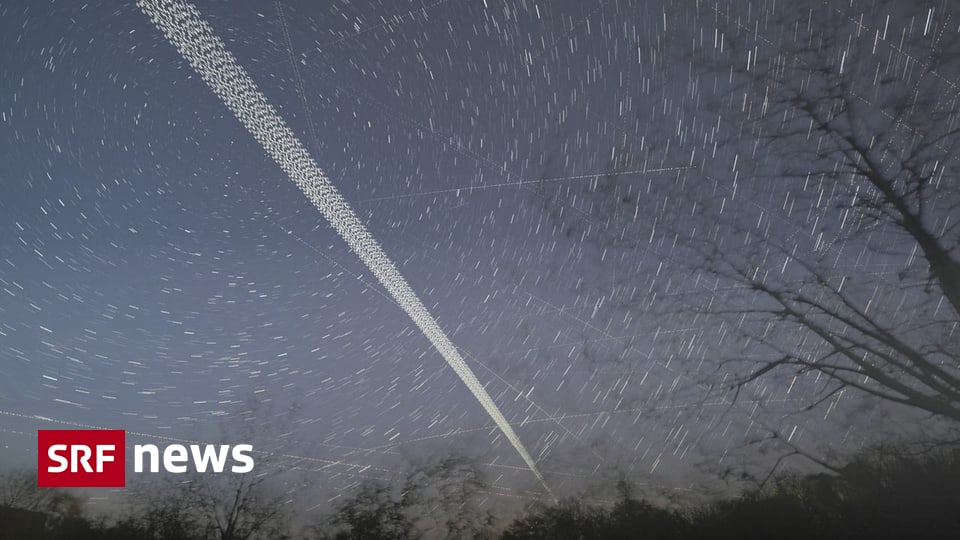Satellites are launched into space every month. They should enable fast internet everywhere. It causes space debris.
Placing internet lines and operating cell phone antennas is expensive and not always easy. Especially in remote areas or in less developed countries. Satellites get around these problems.
OneWeb has big plans: a total of 650 satellites to form a global network. With 24 satellites to be added on Tuesday, half of this network is in place. The goal is to give everyone access to the internet, according to Sunil Bharti Mittal, Chairman of the OneWeb Board of Directors: “There are still a billion people without internet — many companies don’t have fast connections.”
However, OneWeb is not the only company offering internet from space. The American company Starlink, owned by Tesla President Elon Musk, does the same. Only his plans are more extensive. He wants to build a network of up to 12,000 satellites.
There are more than 1,600 Starlink satellites already in space. Another 51 were added Tuesday night. Other private providers also want to offer satellite services, including heavyweight companies like tech group Amazon.
Swiss astrophysicist Thomas Zurbuchen has lived in the USA for years and is now responsible for the science program at NASA. He criticizes the current development: “The problem is that the orbit is commercialized. Tens of thousands of satellites go there. Suddenly the orbit is no longer available to anyone because of traffic jams. And suddenly we can no longer use it for weather satellites.”
The problem is that orbit is being marketed.
Crowded space is one thing. Thomas Zurbuchen is more concerned about all the space junk being created now. Service providers promise to bring their satellites into low Earth orbit in a controlled manner at the end of their service life, so that they burn out.
But Thomas Zurbuchen of NASA doubts: “It’s a big problem when only five percent of tens of thousands of satellites break unattended. It’s a bigger problem than we’ve faced in the history of space.”
Since the 1950s, since the beginning of the space age, an estimated 5,000 satellites have been put into orbit. These have already left large amounts of space debris, even if they are often only a few centimeters in size. But it is enough to jeopardize satellites and space missions and to spoil science’s view of space.
It is true that NASA also takes advantage of private satellite companies to purchase scientific data from them. However, Thomas Zurbuchen is not happy with the way things are going at the moment: “It’s a general problem with innovation that regulation is often too slow. As the USA, we can find solutions with NASA, but the only solutions that really matter are international solutions.
Legend:
Swiss Thomas Zurbuchen has been NASA’s director of science since 2016.
Keystone
For this, the most important states must voluntarily meet. Zurbuchen cautions that international discussion on this topic is ongoing, but that it must move forward quickly. Hundreds of new satellites are added every month – and this adds to the problem. The ambitious space plans of China or India have not yet been taken into account.

“Typical entrepreneur. Lifelong beer expert. Hipster-friendly internet buff. Analyst. Social media enthusiast.”







More Stories
Argentine President Miley announces a budget surplus – News
Mayor of a French city salutes Hitler – an “unfortunate gesture”
With a simple trick: A father saves his family from a shark attack during the holidays